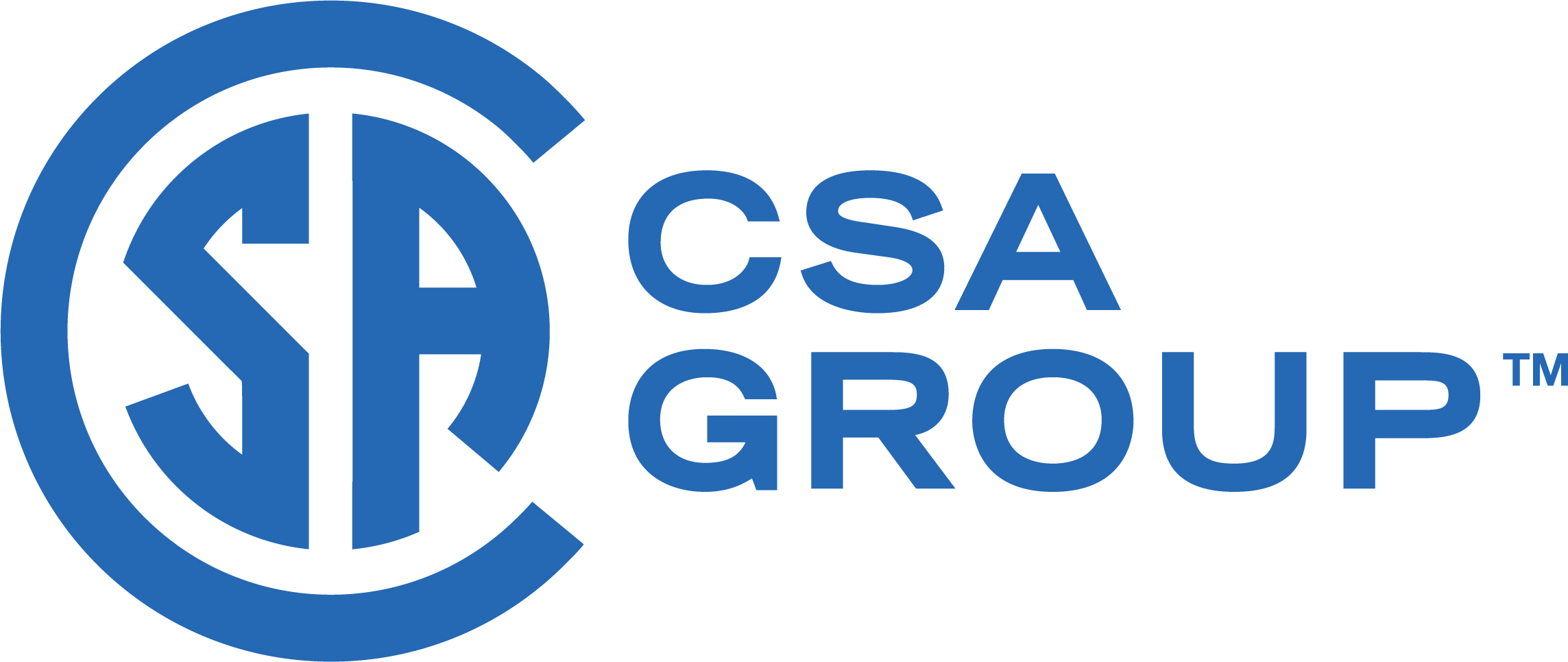
Connected and automated vehicles (CAVs) have the potential to enhance road safety in Canada. Road authorities face the challenge of providing supportive physical and digital infrastructure, which in turn requires robust codes and standards to ensure safety and interoperability.
This webinar – a collaboration of TAC and CSA Group – will feature short presentations by several North American leaders on CAV infrastructure standardization needs and challenges, followed by a facilitated panel discussion. Attendees will gain valuable insights on the latest advancements in CAV infrastructure standards, stakeholder roles, and the future path toward a seamless and secure implementation of CAVs.
Originally presented January 25, 2024

Ken Moshi, Transport Canada
Ken Moshi is a Senior Analyst with Transport Canada’s Program to Advance Connectivity and Automation in the Transportation System (ACATS). The program helps Canadian jurisdictions prepare for the wider use of CAVs, focusing on infrastructure readiness. Ken joined Transport Canada in 2015, led the development of ACATS, and is responsible for setting the program’s overall strategic direction and budgeting as well as leading key initiatives.
Presenters
Paul Carlson, Automated Roads
Dr. Paul Carlson founded Automated Roads in 2021, and supports highway infrastructure initiatives related to connected and automated vehicles. He chairs the SAE International Highway Infrastructure Task Force and the National Committee on Uniform Traffic Control Devices Connected-Automated Vehicle Task Force, and is the Emeritus member of TRB’s Traffic Control Devices Committee. Paul leads FHWA projects to identify the impacts of automated vehicles on highway infrastructure and provide guidance for infrastructure owner-operators, and he provides technical assistance to many U.S. state DOTs.
Edward Straub, SAE International
Dr. Edward Straub is the Director of SAE International’s Office of Automation, and the Executive Director of the Automated Vehicle Safety Consortium. His office provides input and perspectives on emerging automated vehicle technologies, their challenges, and impact on the socio-technical landscape. Before joining SAE, Edward worked with automated vehicles and automated vehicle safety as a researcher, program manager, technical program director, and chief safety officer.
AJ Khan, Vehiqilla Inc.
AJ Khan is the founder of Vehiqilla Inc., which focuses on enhancing cybersecurity in the automotive sector. He is the former Chair of the Cyber Security Committee of the Automotive Parts Manufacturers' Association (APMA), and is a contributor on mobility cybersecurity for Transport Canada, the European Union Information Security Agency, CSA Group and APMA. AJ has more than 20 years of experience in governance, risk & compliance (GRC), and 13 years of experience in cybersecurity innovation and emerging technologies.
Sam Abuelsamid, Guidehouse Insights
Sam Abuelsamid is a principal analyst leading Guidehouse Insights' Transportation and Mobility Research Service with a focus on transportation electrification, automated driving and mobility services. He works with clients to build their understanding of emerging technology trends and shape their strategies. Sam is a regular contributor to publications including Forbes and co-hosts the Wheel Bearings podcast. He was trained as a mechanical engineer and worked for two decades in the automotive industry developing advanced electronic control systems and embedded software.
L’Association des transports du Canada (ATC) ne fait aucune déclaration et ne donne aucune garantie sur l’exactitude ou la pertinence de toute information présentée dans les colloques et le matériel connexe (documents, présentations et enregistrements) qui est fournie telle quelle aux membres de l’ATC et aux participants. L’ATC n’est pas responsable de l’information fournie par les instructeurs et les animateurs. L’ATC décline toute responsabilité à l’égard des réclamations, pertes ou dommages liés à l’utilisation ou à l’application de ce matériel. L’ATC ne garantit, ne cautionne, ni ne recommande les produits ou services d’aucune entreprise, organisme ou individu. L’information contenue dans ces colloques et matériel connexe ne saurait être considérée comme un avis juridique ou une prestation de services juridiques, consultatifs ou professionnels d’aucune sorte. Les utilisateurs de ce matériel ne devraient d’aucune manière se fier à l’information ou au contenu du matériel connexe comme avis juridique ou professionnel, ni les interpréter comme tels, et ne devraient pas agir ni s’abstenir d’agir en se fondant sur l’information contenue dans ce matériel sans obtenir l’avis d’un conseiller juridique ou autre professionnel compétent.